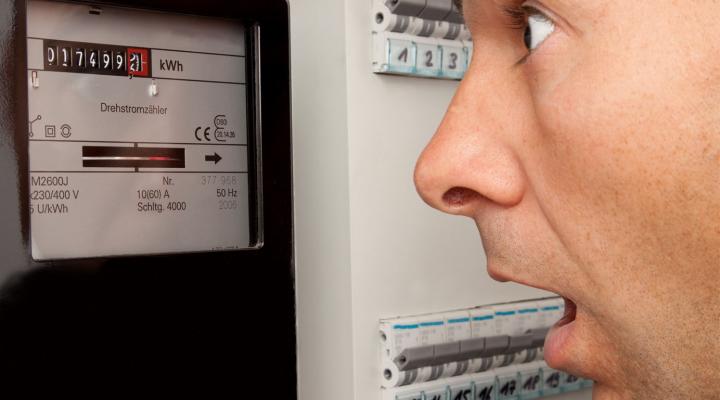
Both Spain and Portugal will reap the benefits of an energy price cap that has now been introduced in both countries. The scheme has been backed by the EU and will see spiralling electricity prices in the two countries finally begin to ease.
The whole of Europe was already suffering from dramatically increasing energy bills, but Spain and Portugal were particularly feeling the effects as these nations have little energy interconnection with other EU countries. When Russia invaded the Ukraine, this caused gas prices to rise considerably, and this only compounded the energy price crisis that Spain and Portugal were experiencing, with many households left wondering how they would afford their energy bills. Now a price cap on the cost of gas has been introduced. Here’s everything you need to know about how you might be effected:
How Much Money Could I Save?
The price cap has been agreed by the European Commission and the price of gas used for power generation has been capped at €40 per megawatt-hour. Taking into account ongoing increases, which are likely to be necessary, the price limit is projected to average out at €50 over the coming 12 months. These measures are now in place, and the Spanish government has secured agreement that they will remain in place until 31st May 2023. It is forecast that this agreement will see household energy prices reduce by up to 20 percent when compared to their current levels.
Why Are Energy Prices so High in Spain?
The sharp increase in energy prices is not unique to Spain. The Spanish Energy Minister Teresa Ribera has said the cap will “protect” Spanish and Portuguese household in a “turbulent and complicated” energy market which she is claiming is largely due to the war in Ukraine. Whilst it is true that the war in Ukraine will be having a significant impact on energy prices Europe-wide, European electricity market rules had already caused sharp price increases in both Spain and Portugal prior to the beginning of the war.
European electricity market rules currently force producers to sell their energy at the price of the most expensive technology. The most expensive technology is currently gas-fired power stations. The aim of this scheme is to ensure green energy sources are not penalised in the market due to their price. Spanish authorities are largely opposed to these rules, because they are not suited to the energy situation in Spain and Portugal. But in other European countries, where these market rules are beneficial, any reform is strongly opposed. This is because they fear the impact that reform will have on competition within the European Union.
Why Have Spain and Portugal Formed an Energy Island?
Spain and Portugal occupy a unique position within the EU because they’re not as dependent on Russian supplies for their natural gas as other nations. Their geographical position means that they import the majority of their gas supplies from Algeria and other countries. Other unique advantages of both Spain and Portugal are that Spain is the country with the largest gas storage and regasification capacity in Europe and that Portugal is a renewable energy leader within the European market. They produce significant solar, hydraulic and wind power.
Both nations have incredibly self-sufficient energy supplies. As a result of their advantageous position, they have referred to themselves as an ‘energy island’. Both Spanish Prime Minister Pedro Sánchez and his Portuguese counterpart António Costa, have utilised this term. Now that Spain and Portugal have temporarily released from the EU’s common market rules, this should help many Spanish and Portuese families to better manage the soaring cost of living.
If you’re looking for estate agents in Southern Spain then why not get in touch with Right Casa? Our locally based property experts are a font of local knowledge, and are perfectly placed to help you find the home of your dreams.

 English
English Español
Español Deutsch
Deutsch Français
Français Svenska
Svenska Nederlands
Nederlands Italiano
Italiano Norsk
Norsk Русский
Русский

































